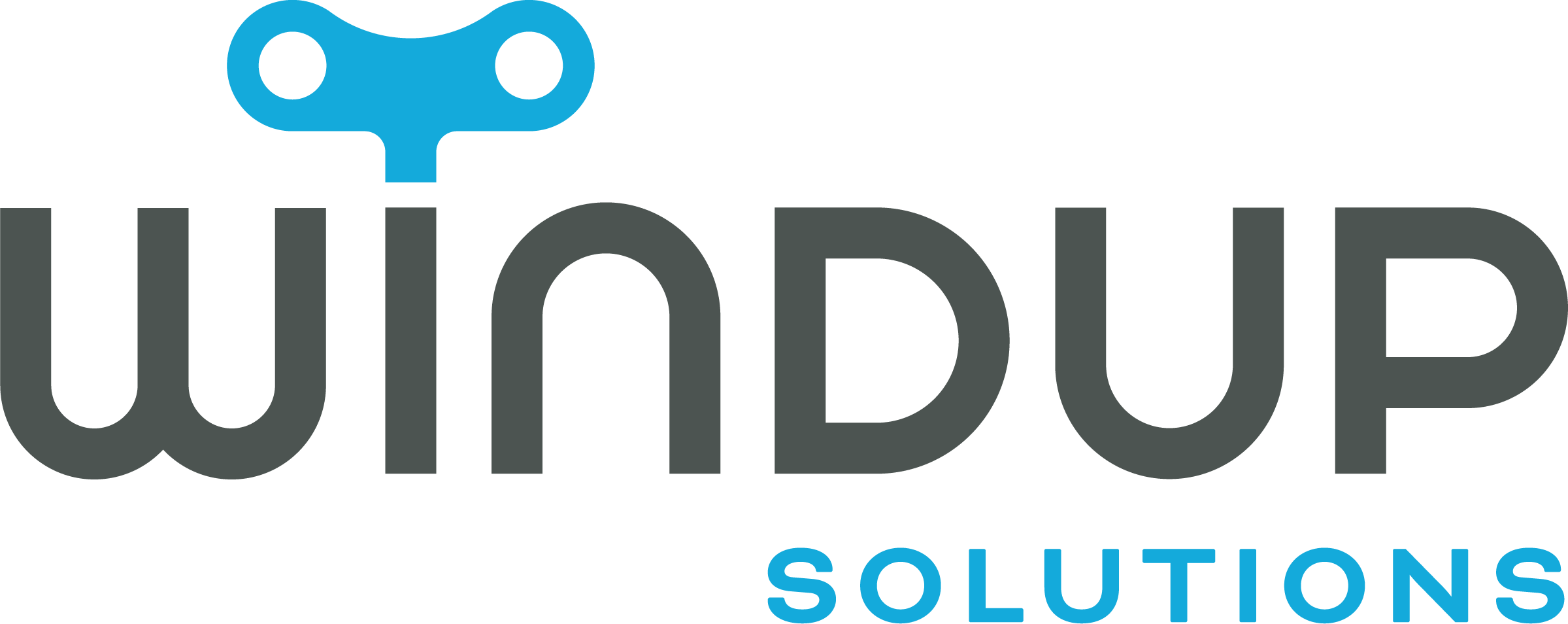
When it comes to healthcare, ensuring compliance with HIPAA (Health Insurance Portability and Accountability Act) is non-negotiable.
The complexity of HIPAA regulations means that many healthcare organizations, from small medical practices to large hospitals, need to rely on third-party providers to help them stay compliant. But how do you choose the right HIPAA compliance solution provider for your organization? It’s crucial to partner with a provider who understands the specific challenges of your business and has the tools to keep your data secure and your processes compliant.
Here’s a guide to help healthcare organizations ask the right questions and choose the best HIPAA compliance solution provider.
Experience and Expertise in HIPAA Compliance
Your chosen solution provider must have a deep understanding of HIPAA regulations and how they apply to your specific operations. Look for a company that has a track record of helping healthcare organizations manage their compliance obligations. Be sure to ask potential providers:
- How many years have you been providing HIPAA compliance solutions?
- Can you provide examples of successful HIPAA compliance projects for organizations similar to mine?
- Do you specialize in healthcare, or do you serve multiple industries?
Data Security and Encryption Measures
Given the sensitivity of healthcare data, data security should be a top priority for any HIPAA compliance provider. Ensure the provider has robust encryption standards and security protocols to safeguard your patients’ information, both in transit and at rest. Key questions to ask include:
- How do you encrypt sensitive health data, both at rest and in transit?
- What security protocols do you have in place to protect against data breaches or cyberattacks?
- How do you ensure the security of data when employees work remotely or access systems from different devices?
Regulatory Compliance Monitoring
HIPAA compliance isn’t a one-time effort—it requires ongoing monitoring and updates. A reliable provider should offer tools that track and ensure continuous compliance, even as regulations evolve. You’ll want to know:
- How does your solution ensure ongoing HIPAA compliance?
- Do you provide automated compliance monitoring and reporting tools?
- How do you stay up to date with changes in HIPAA regulations and ensure that my organization remains compliant?
Audit Support and Documentation
In the event of a HIPAA audit, it’s crucial that your provider offers comprehensive documentation and support to prove your compliance. Without proper records, your organization could face fines or penalties. Ask your provider:
- What kind of audit support do you provide if my organization is audited?
- Do you help with creating and maintaining detailed audit trails?
- How do you assist in compiling the necessary documentation to prove our compliance with HIPAA?
Customization and Scalability
Every healthcare organization is different. Whether you run a small clinic or a large hospital, your HIPAA compliance needs may vary. Your solution provider should offer customized services and be able to scale with your organization as it grows. Consider asking:
- Can your HIPAA compliance solution be customized to meet the specific needs of my organization?
- How scalable is your solution as my practice grows or my compliance needs change?
- Do you offer tiered solutions based on the size and complexity of the healthcare organization?
Training and Support
Your staff plays a significant role in maintaining HIPAA compliance. A good HIPAA compliance provider will offer training and support to ensure that your team understands their role in compliance and can handle the tools provided. Be sure to ask:
- Do you provide HIPAA compliance training for my employees?
- Is training included in your package, or is it an additional cost?
- What kind of ongoing support do you offer for my team to stay updated on compliance requirements?
Questions to Ask Your Potential HIPAA Compliance Provider
When evaluating different HIPAA compliance providers, asking the right questions can help you make an informed decision. Here are the essential questions you should ask:
- How long have you been offering HIPAA compliance solutions, and what is your experience in the healthcare industry?
- What security measures do you implement to protect patient data, including encryption and remote access safeguards?
- How does your solution ensure continuous compliance monitoring and keep up with changes in HIPAA regulations?
- Do you provide audit support, and what kind of documentation do you offer to prove compliance during an audit?
- Can your solution be tailored to the unique needs of my organization, and is it scalable as my practice grows?
- Do you provide comprehensive training for my staff on using the compliance tools and understanding their compliance responsibilities?
- What kind of customer support is available, and how quickly can you address issues if they arise?
Key Takeaways
- Look for a HIPAA compliance provider with deep experience in healthcare, robust security protocols, and the ability to monitor ongoing compliance.
- Make sure the provider offers comprehensive audit support and documentation to prove compliance during an audit.
- Ensure that the provider’s solution is customizable and scalable to fit the unique needs of your healthcare organization.
- Don’t overlook staff training—comprehensive training and support for your employees is key to maintaining HIPAA compliance.
